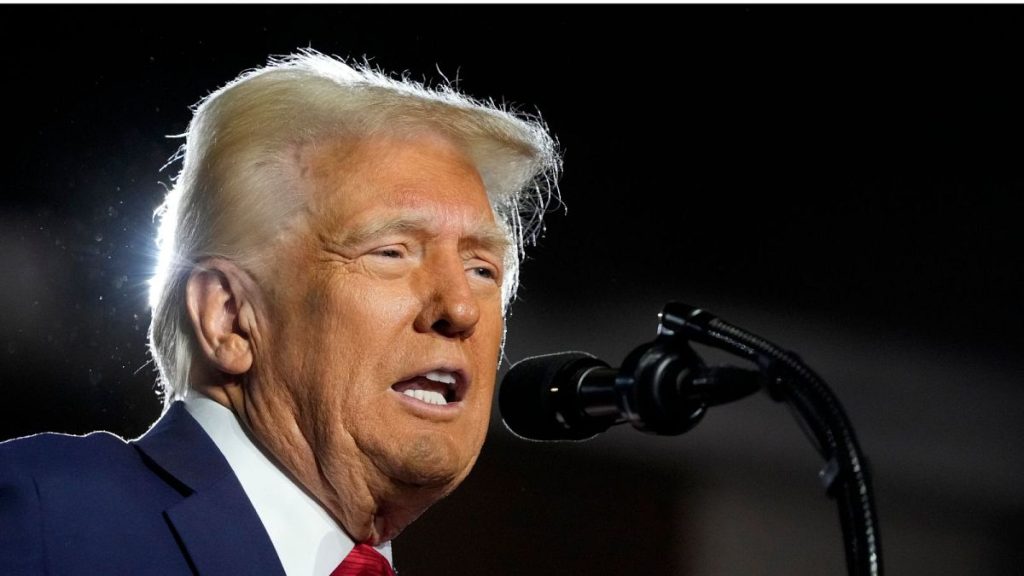President Donald Trump’s recent executive order regarding transgender individuals serving in the military has reignited a contentious debate surrounding inclusivity, military readiness, and individual rights. The order, which directs the Department of Defense to formulate a revised policy on transgender service members, lays the groundwork for a potential ban, echoing Trump’s previous attempts during his first presidency. This move marks a stark reversal of the Biden administration’s policy, which lifted the ban and affirmed the right of transgender individuals to serve openly. The core of the order centers on the argument that allowing transgender individuals to serve creates a conflict with military discipline and readiness.
The executive order does not immediately instate a ban but mandates the Pentagon, under the direction of Defense Secretary Pete Hegseth, to develop a new policy based on military readiness considerations. While the precise details of the forthcoming policy remain unclear, the order strongly suggests a return to the restrictive approach pursued during Trump’s first term. The stated rationale for this policy shift is the purported incompatibility between transgender identity and the “honorable, truthful, and disciplined lifestyle” expected of military personnel. This assertion, directly articulated in the order, posits that allowing transgender individuals to serve undermines military readiness and necessitates a revised policy.
The order’s claim that transgender service compromises military readiness has been widely disputed by military experts, medical professionals, and LGBTQ+ advocacy groups. Studies conducted during the period when transgender individuals were allowed to serve openly found no negative impact on unit cohesion, operational effectiveness, or overall military readiness. These studies often pointed to the discriminatory nature of the ban itself as a more significant detriment to morale and unit cohesion. Furthermore, medical and psychological associations have consistently affirmed that gender identity is a complex aspect of human identity and that denying transgender individuals the opportunity to serve based solely on their gender identity is discriminatory and lacks scientific basis.
The legal battle over transgender military service is far from over. Legal representatives for transgender service members, who successfully challenged the previous ban during Trump’s first term, have already signaled their intent to contest the new order. The legal arguments against the ban will likely center on the principles of equal protection and due process, arguing that the order discriminates against transgender individuals without a legitimate justification. The legal challenge is expected to be protracted and to revisit the constitutional and legal questions surrounding discrimination based on gender identity.
The executive order has broad implications beyond the military. It reflects a wider societal debate concerning transgender rights and the inclusion of marginalized communities. Supporters of the order argue that the military has unique requirements and standards that justify excluding certain groups, while opponents contend that such exclusions are discriminatory and violate fundamental rights. The order’s invocation of “military readiness” as a justification also raises concerns about the potential misuse of this rationale to exclude other groups in the future. The political and social ramifications of this order are likely to extend far beyond the realm of military policy.
The order’s immediate impact is the creation of uncertainty and anxiety within the transgender community and the military as a whole. Transgender service members currently serving face an uncertain future, unsure of their status and career prospects. The order also creates a chilling effect on potential transgender recruits who may be deterred from pursuing a military career. This uncertainty and potential loss of valuable personnel could have a detrimental impact on military recruitment and retention efforts. Furthermore, the renewed debate surrounding transgender service is likely to exacerbate political divisions and contribute to the ongoing discourse on LGBTQ+ rights.














